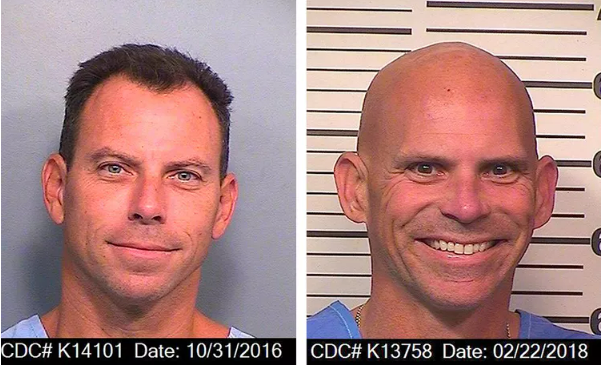Music therapy offers a variety of mental and physical benefits, but it’s more than just chilling to your favorite tune
Music therapy comes in many forms and is used in many different circumstances, but It takes years of study and training to become a board certified music therapist.
It is a known fact that music is a huge part of everyday life. People listen to music on their way to school or work, in restaurants, and in grocery stores. In addition to having such an impactful role in society, scientists have found that using music as a form of therapy has many positive effects on one’s mental health.

Cleveland Clinic board-certified music therapist and Olympic Heights Class of 2016 valedictorian Ms. Carly Poloskey explains music therapy as “the use of specific music experiences to promote health and wellness in the context of a therapeutic relationship (the alliance between therapist-patient).”
Music therapists use methods such as listening, singing, and composing music, which allows patients to relax and decompress. Music therapy can be utilized in many different age groups, being useful for both older and younger generations. People mainly use music therapy as a way to process emotions and work through traumatic events. Additionally, engaging in music therapy is a great way to improve one’s overall mood.
OH sophomore Valentina Benitez explains, “I feel at peace and can unwind because of [music]. I enjoy hearing the lyrics and picturing the story the song is explaining. Music can make a bad day into one of the best days of my life.”
However, as Poloskey points out, it would be inaccurate to equate personal music listening to music therapy. “While many individuals may experience therapeutic benefits of independent music listening, ‘music therapy’ specifically refers to therapeutic work with a board-certified music therapist,” Poloskey explains. “To achieve the ‘MT-BC’ credential and practice music therapy, one must earn an approved university degree in music therapy, complete a clinical internship totaling 1,040 hours, and pass a board certification examination. Music therapists take courses in music, psychology, and health sciences, demonstrate proficiency in piano, guitar and voice, and gain clinical experience through supervised fieldwork.”
One major benefit of music is that it helps people better explain and understand their emotions. Lyrical analysis is an approach using song lyrics to express emotions. Oftentimes people struggle with putting their emotions into words, as their feelings are too complicated to describe in a casual conversation. However, writing song lyrics allows them to describe their emotions in a different way.
“Working in an acute psychiatric hospital with adolescents, my treatment goals centered on promoting relaxation and emotional expression,” Poloskey explains. “To meet that need, I would structure songwriting activities that provided patients the opportunity to process their experiences through crafting lyrics and melodies.”
Even listening to the lyrics of songs written by other music artists helps people to not feel alone in their current situations. Additionally, bonding with others while engaging in music therapy provides a positive outlet to discuss feelings with one another. People are able to find others with similar music tastes, and find good support systems to work through complicated situations.
Another benefit of music therapy is that it helps to reduce stress. In fact, music has proven to have a positive effect on the stress levels of the average individual, not just people who utilize music therapy. A study showed that 75 percent of people feel less stressed when they listen to their favorite song. Music can serve as a good motivator for people who struggle with anxiety and often find it difficult to complete simple, everyday tasks.
“A music therapist uses therapeutic principles of music engagement to promote growth in physiological, cognitive, emotional, social and/or spiritual domains,” Poloskey explains. “Our research tells us that working with a music therapist can promote a variety of goals within those domains – significantly reduce anxiety, promote cognitive function, facilitate social cohesion, increase emotional regulation and enhance quality of life.”
People have reportedly explained that music gives them something to look forward to; something that they can always rely on. Although most people say that music is simply a “fun thing” to listen to, it is much more impactful than one may perceive. Luckily, there is an incredibly vast selection of music to choose from, meaning that there is truly something for everyone.
“Research suggests that the genre and style of music that is most personally meaningful to the identified patient is what is going to be the most effective,” Poloskey continues. “I’ve done a ukulele version of Drake’s ‘God’s Plan,’ an acoustic guitar cover of Laura Branigan’s ‘Gloria,’ and I’ve even done quite a few EDM beat-making projects with patients using GarageBand – all of which fostered therapeutic growth in their own way. What works for one patient might not be appropriate to use with another, so you have to use your best clinical judgment as a therapist. You can’t operate with a ‘one-size-fits-all’ approach. The therapist collaborates with the patient to develop experiences that best suit them and their needs.”











